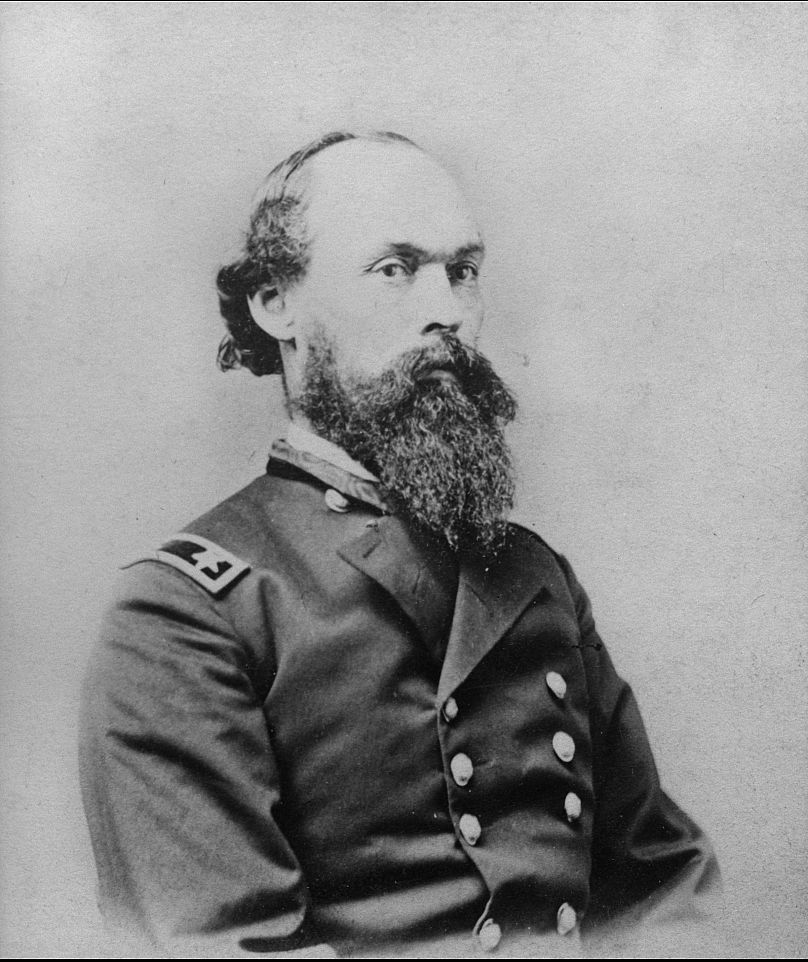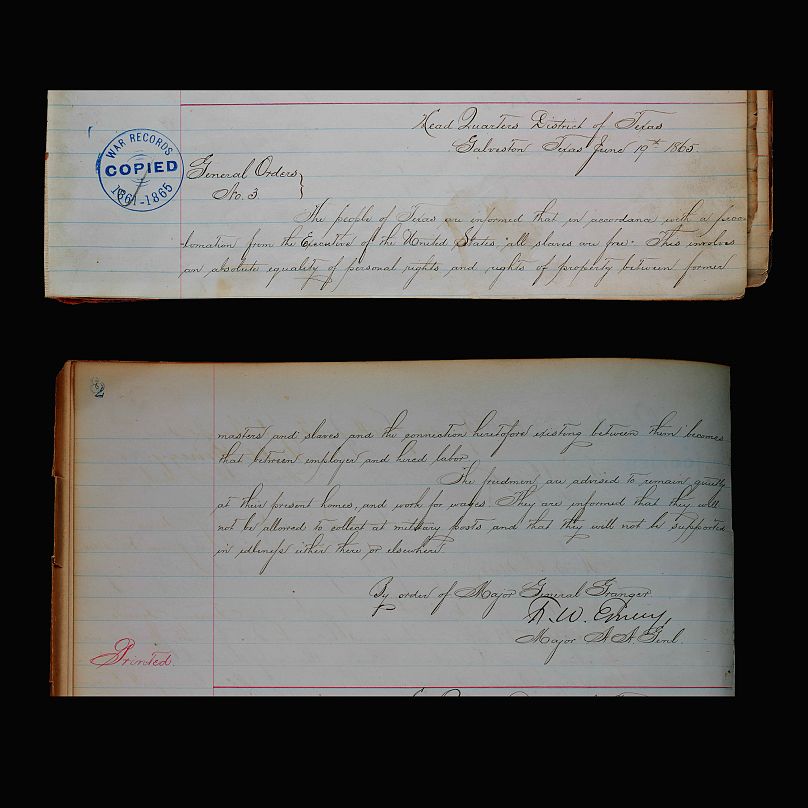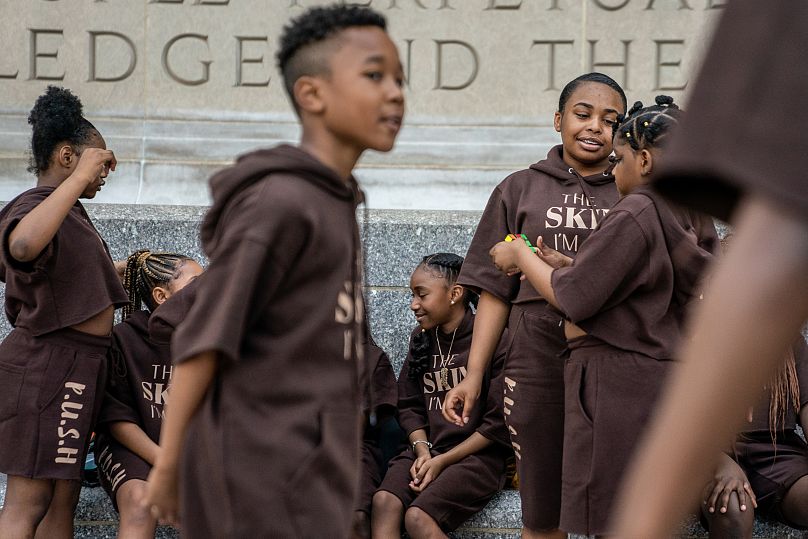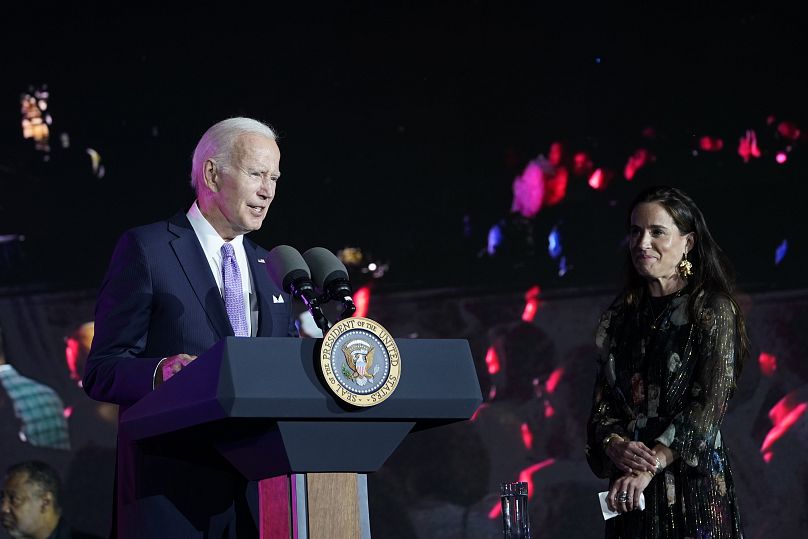On this day in 1865, Juneteenth came into being, celebrating African-American culture - and a watershed moment in the history of slavery.
Juneteenth is known today as a holiday in the United States and, in 2021, it was made the first official federal holiday since Martin Luther King Jr. Day was adopted in 1983.
But do you know the significance behind the commemoration?
On June 19, 1865, Union General Gordon Granger arrived in Galveston, Texas and announced that all slaves in the state were free by order of the Emancipation Proclamation, which had been signed by President Abraham Lincoln over two years earlier.
This event, which came to be known as Juneteenth, marked a significant milestone in the fight for freedom and equality for African-Americans.
Although the Emancipation Proclamation had been officially signed on 1 January, 1863, changing the legal status of more than 3.5 million enslaved African Americans in the secessionist Confederate states from enslaved to free, it wasn’t enforced in Texas or other areas under Confederate control until the end of the Civil War, which finished in May 1865.
Due to pure communication at the time, news of the proclamation was slow to reach the more remote areas of the Confederacy and many slave owners deliberately withheld the information from their slaves in an effort to maintain control over them.
By the time Union troops arrived in Texas in June 1865, slavery was still being practised in the state, despite the fact that it had been abolished by federal law.
General Granger's announcement made it clear once and for all that slavery was officially over in Texas and that the Emancipation Proclamation was being enforced.
Early celebrations of the day date back to 1866, at first involving church-centred community gatherings in Texas, or events baseball, fishing, and rodeos as African Americans were often banned from using public facilities.
Some former slaves and their descendants would make a pilgrimage to Galveston and over the years, the event spread across the south and then to the rest of the country, with Black communities celebrating Juneteenth each year, with parades, picnics, and other festivities.
There were fewer celebrations during the Civil Rights Movement of the 1960s as they were somewhat eclipsed by the determination to achieve better treatment, but by the 1970s they were popular again and, by legislation in 1979, every U.S. state and the District of Columbia has formally recognized the holiday in some way.
Also known as America's second Independence Day, Juneteenth celebrations have long been seen as a symbol of resistance against racism and oppression and a time for reflection on the ongoing struggle for civil rights and equality, as well as a time to celebrate the contributions of African-Americans to American society.
Despite this, it wasn’t until 2021 when President Joe Biden signed legislation making Juneteenth a federal holiday that it was considered an official day for commemoration.
Over the years, celebratory traditions have often included public readings of the Emancipation Proclamation, reading the works of African-American writers like Ralph Ellison and Maya Angelou and singing traditional songs including ‘Swing Low, Sweet Chariot’.
Juneteenth celebrations have a lighter side too - frequently incorporating rodeos, cookouts, historical re-enactments - and Miss Juneteenth contests, with contestants aiming to inspire young Black women to become leaders.
At a Juneteenth concert at The White House on 13 June this year, which featured performances by singers including Jennifer Hudson, Audra McDonald and Ledisi and a speech from Opal Lee, often referred to as the 'Grandmother of Juneteenth', Joe Biden explained there was more to do in the battle against racism in the country.
Speaking at the White House's first big Juneteenth celebration, the president urged Americans to choose love over hate and to remember history and the holiday's purpose of underscoring equality and values often under threat.















